By Chidi Anselm Odinkalu
Thanks to (all) who have offered up views on Prof. (Ahmed) Bako’s Inaugural.
I was honestly minded to un-look after reading it twice for reasons that will follow shortly. But given the depth of your effort, I want to offer a limited & deliberately narrow complement.
Join our WhatsApp ChannelFor a relatively short-ish Inaugural Lecture delivered on the eve of retirement after nearly 45 years teaching & researching Nigerian history, this text is riddled with distressing errors of text, context, sub-text, & texture.
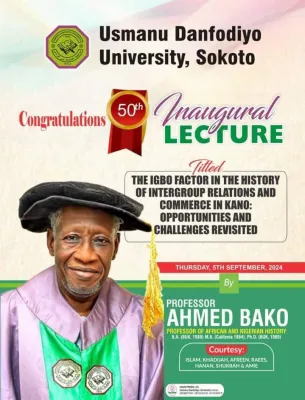
I say nothing of errors of intellectual method – it explores no alternative explanations or interpretations for its limited sourcing & evidence. So the lecture seems to be embarrassingly devoid of basic intellectual curiosity too.
One major error that caught my eye on p. 13: “The Igbos embarrassed modern education….” I presume he meant to say “embraced.”
That is 10 pages after he puts Ohanaeze Nd’Igbo in the category of Igbo “separatist” groups on p. 3. It goes on…. If this was an error of commission, it’s evidence of prejudice. If it is one of omission, it is worse than embarrassing. Either way, it is totemic of the lecture.
All over the text, you see such & worse embarrassments.
On pp. 45-46, in support of his suggestion that Igbos drove host-community competitors from the marketplace he cites a rental incident, claiming that rent in 1974 & 1986 was in ££:
“My view is that because of ethnic solidarity, Igbo traders gradually marginalized or even displace (sic) large number of Hausa traders. A typical example of a Hausa man displaced by the Igbo was Alhaji Abubakar Makwarari. He became a textile retailer in 1974 in a stall he rented from Alhaji Salisu Barau Zage at the cost of £6,000 per annum. In 1986 he was ejected due to his failure to pay the new rent of £30,000 . Chief David Obi Oknokwo (sic) paid the stated amount and occupied the stall. Many other Hausa traders such as Lawal Sulaiman (Minister), Alhaji Yahya etc were displaced by the Igbo who were ready to pay high rents….”
On the face of this text, this is evidence of his pursuit of a pre-determined single narrative: Alhaji Salisu Barau Zage who on this evidence shafted his own brother in order to collect the Igbo man’s money lacked agency or responsibility. He fell victim to the presumed sorcery or wickedness of the blighted Igbo man.
That is a segue to the substantive issues. Underlying his thesis is the claim that the Igbos embraced education for purposes of domination & not development. Avoiding for the moment any contest over meaning here, he provides no authority or evidence for this claim. He takes this over the top on pp.39-40:
“What needs emphasis during this time was the fact that searching for economic power and dominance make the Igbo to be desperate and aggressive. Desperation is what make (sic) them to not only be disliked by host communities in several of the areas of their dominance in Northern Nigeria but to pushed (sic) some young Igbo into criminal activities.”
He asserts this as fact with no effort to back it up with evidence, authority, or comparison. And the text is littered with such carefree attitude to prejudice as fact.
He also complains somewhat about the insularity of the Igbo & how that has been a source of blowback. But yet he also explains – without appearing to know that was what he was doing – that this was an outcome of colonial-era segregations which effectively rendered Sabon-Gari into an ethnic ghetto.
Interestingly, the exception to the treatment of Sabon-Gari as a ghetto was Mal. Abacha Maiduguri, the father of Gen. Abacha. That is no accident because the Kanuri were also outsiders among the Karnawa & that has some antiquity. That is another story altogether.
On the whole, the lecture is worse than an anti-climax. If this is what passes for history & what has been taught for over 4 decades, one can only lean back with the jaws askew.
But I also don’t want to be too unkind about the lecture. The man has done his best. Now and again, there are some accidental nuggets in parts of the paper (such as the reference to the Ajie Ukpabi Asika interview of 1971 or the Newswatch interviews with survivors of 1985 but they appear entirely accidental & not followed up or developed. So, it is a useful read & a useful source of intelligence: If a university professor supposedly specialized in history offers this up, the rest can be imagined.
In the end, an Inaugural in my view & experience is essentially a celebration of a thread of intellectual forage. The reason I was minded to un-look is that I will not knowingly rejoin to a paper to which it is impossible to attribute a quote of more than one sentence without two [sics].
Of course, there is no rejoinder to the fact that the Pound was abolished in Nigeria in 1973 & that in 1974, rent in Kano was not rendered in £££.
And if he believes that Ohanaeze Nd’Igbo is a separatist organisation, that is his view. But that would, presumably also, be applicable to Arewa , or the Egbe or MBF any number of ethnically defined associational groups in Nigeria; which would then beg the question: why does the Igbo one call for any form of his attention if he is not going to make the effort to distinguish those others from Ohanaeze.
If a man – or anyone at that – has spent over 40 yrs of his life spouting this kind of stuff even with the best of intentions as seems evident on the face of this paper, I will take pity on him & pity even more the students who endured it.

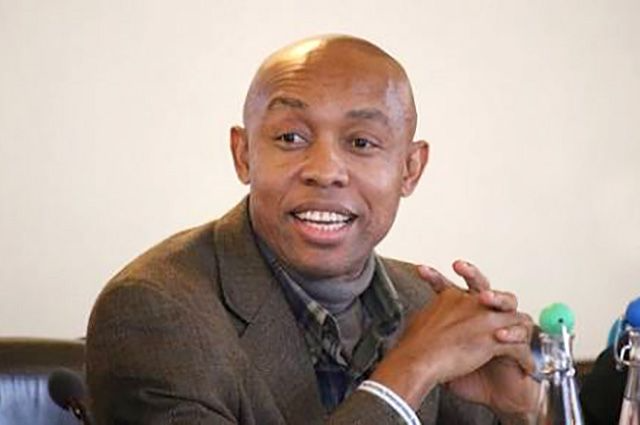


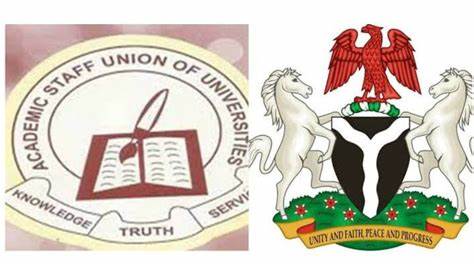
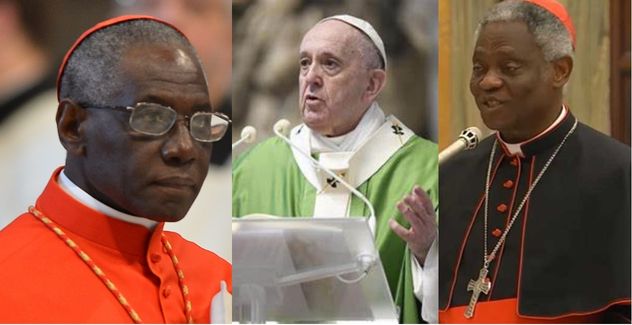
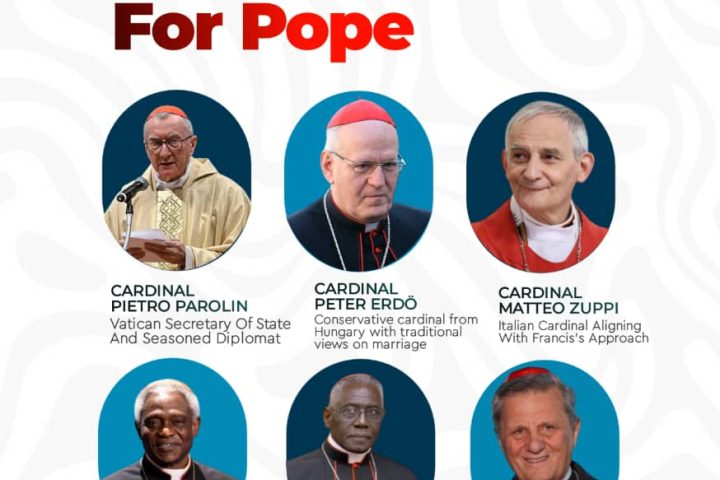





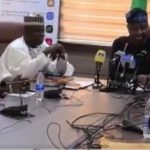



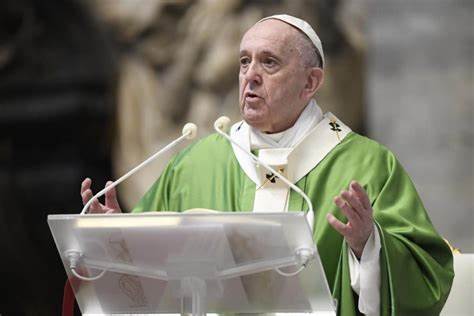
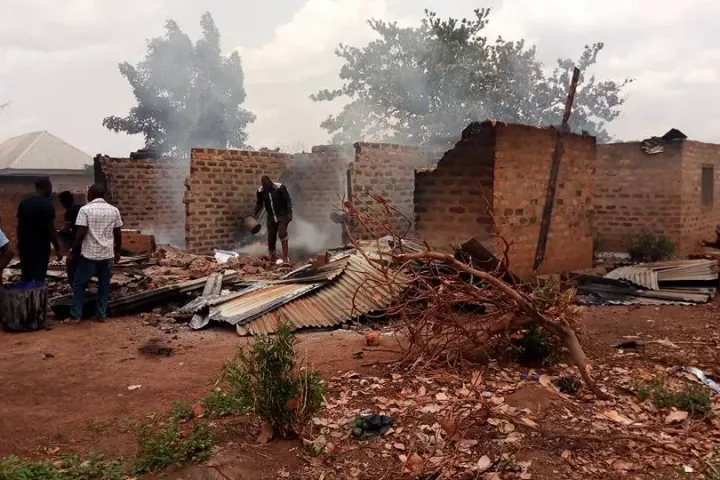

Follow Us